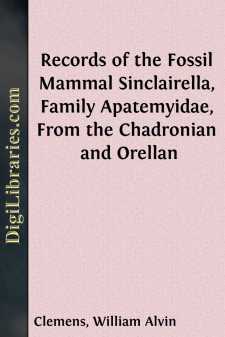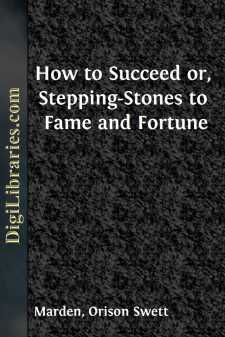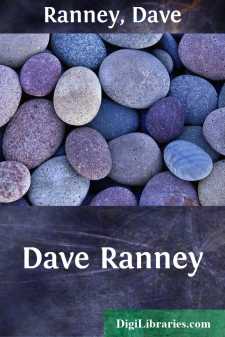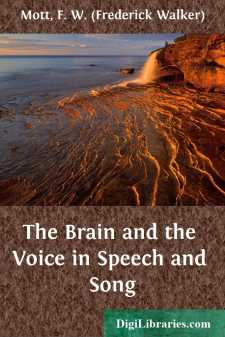Non-Classifiable
- Non-Classifiable 1768
Non-Classifiable Books
Sort by:
Description and comments.—P4 of KU no. 11210 has a large posterolingual cusp separated from the main cusp by a distinct groove, which deepens posteriorly. The posterolingual cusp is supported by the broad posterior root. P4 of the type specimen of Sinclairella dakotensis is described (Jepsen, 1934, p. 392) as having an oval outline at the base of the crown, and a small, posterolingual cusp. A chip of...
more...
I. THE MEDICAL MISTAKE A book of modern social inquiry has a shape that is somewhat sharply defined. It begins as a rule with an analysis, with statistics, tables of population, decrease of crime among Congregationalists, growth of hysteria among policemen, and similar ascertained facts; it ends with a chapter that is generally called "The Remedy." It is almost wholly due to this careful,...
more...
PREFACE I ventured to express the opinion in my book, 'With General French and the Cavalry in South Africa,' that if a high ideal of the duties and possibilities of Cavalry is set before our officers, and the means of instruction and training are placed within their reach, we shall possess in our next great War a force which, if led by men of the stamp of General Sir John French, will prove...
more...
by:
Gordon Home
CHAPTER I Concerning those which follow "Brother," quod he, "where is now youre dwellyng,Another day if that I sholde you seche?"This yeman hym answerde, in softe speche:"Brother," quod he, "fer in the north contree,Where as I hope som tyme I shal thee see." The Friar's Tale. Chaucer. In the North Riding of Yorkshire, there is a town of such antiquity that its...
more...
CHAPTER I. FIRST, BE A MAN. The great need at this hour is manly men. We want no goody-goody piety; we have too much of it. We want men who will do right, though the heavens fall, who believe in God, and who will confess Him. —Rev. W. J. Dawson. All the world cries, Where is the man who will save us? We want a man! Don't look so far for this man. You have him at hand. This man—it is you, it...
more...
‘We cordially recommend Mr. Ritchie’s book to all who wish to pass an agreeable hour and to learn something of the outward actions and inner life of their predecessors. It is full of sketches of East Anglian celebrities, happily touched if lightly limned.’—East Anglian Daily Times. ‘A very entertaining and enjoyable book. Local gossip, a wide range of reading and industrious research,...
more...
by:
Dave Ranney
CHAPTER I BOYHOOD DAYS I have often been asked the question, "Why don't you write a book?" And I have said, "What is the use? What good will it do?" I have thought about it time and time again, and have come to the conclusion to write a story of my life, the good and the bad, and if the story will be a help, and check some one that's just going wrong, set him thinking, and...
more...
The FoundationIN the year 1441 Henry VIfounded King's College for a Rector and twelve scholars. He remodelled his plan in 1443, and styled his foundation the College of St. Mary and St. Nicholas.It was to consist of a Provost, seventy Fellows, or Scholars, together with Chaplains, Lay Clerks, and Choristers. The court was originally on the north side of the present chapel opposite Clare College,...
more...
The Communist Threat in the Taiwan Area 1. Statement by Secretary Dulles, September 4, 1958 I have reviewed in detail with the President the serious situation which has resulted from aggressive Chinese Communist military actions in the Taiwan (Formosa) Straits area. The President has authorized me to make the following statement. 1. Neither Taiwan (Formosa) nor the islands of Quemoy and Matsu have ever...
more...
THEORIES ON THE ORIGIN OF SPEECH The evolutionary theory is thus propounded by Romanes in his "Mental Evolution in Man," pp. 377-399: "Starting from the highly intelligent and social species of anthropoid ape as pictured by Darwin, we can imagine that this animal was accustomed to use its voice freely for the expression of the emotions, uttering danger signals, and singing. Possibly it may...
more...











